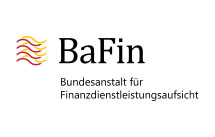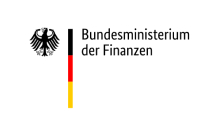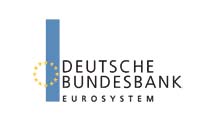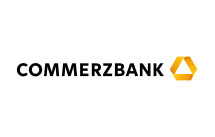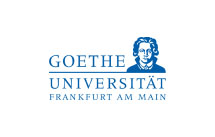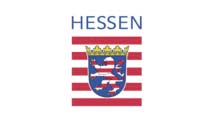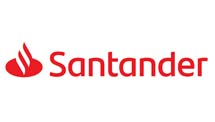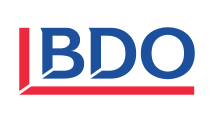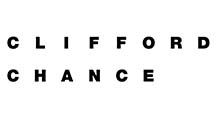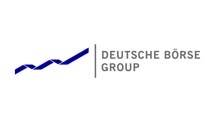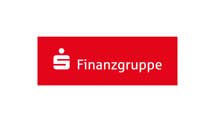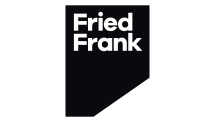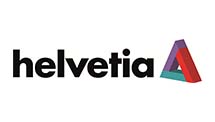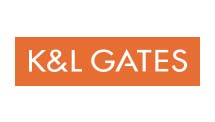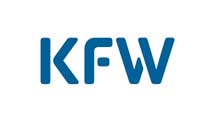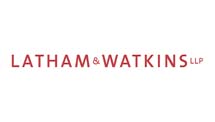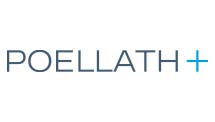Regulation of Crypto-assets and Crypto-asset Markets
Course Description:
Legislators and regulators around the world are currently introducing crypto-asset related regulation. There is already a number of frontrunner jurisdictions, such as France and Switzerland. The EU will be starting to implement a recently adopted regime (MiCA) shortly. Other mature markets, such as the UK and the USA, are consulting on the optimal shape of such framework.
The current ‘crypto-asset winter’ may lead to a significant consolidation in the market and even to the disappearance of certain market practice, however, the idea of crypto-assets and tokenisation will remain and allow for significant efficiency gains in a number of use cases. Due to certain design features of the technology employed (blockchain, DLT or similar) and as a consequence of newly emerging business models, existing regulation is not capable of addressing all relevant questions, and therefore crypto-asset markets currently operate, at least to some extent, in a uncertain environment from the legal and regulatory point of view.
The need for specialists in this area will grow significantly in the coming years, both in terms of implementing and enforcing rules on the regulatory/supervisory side, and in terms of designing crypto-assets and relevant services on the side of market participants.
The learning outcomes of this course are the following:
- Gain a deep understanding of the rapidly changing global ecosystem of crypto-assets and crypto-asset service providers service providers
- Acquire the ability to classify for regulatory purposes crypto-related products or services
- Familiarise with the opportunities that open as a consequence of using novel technology (such as blockchain/DLT) for the creation and administration of financial assets
- Get acquainted with the key challenges that crypto-market products and services may entail (such as: consumer risk, systemic risk, crime risk, governance failure, operational risk)
- Learn about how existing and upcoming regulatory regimes, such as the EU MiCA address legal and regulatory uncertainty.
- Understand the connection to, and interplay with, neighbouring regulatory regimes (securities, e-money, banking regulation)
- Reflect on the way forward, including applications commonly described as ‘decentralised finance’ (DeFi).
Credit Points:
5
